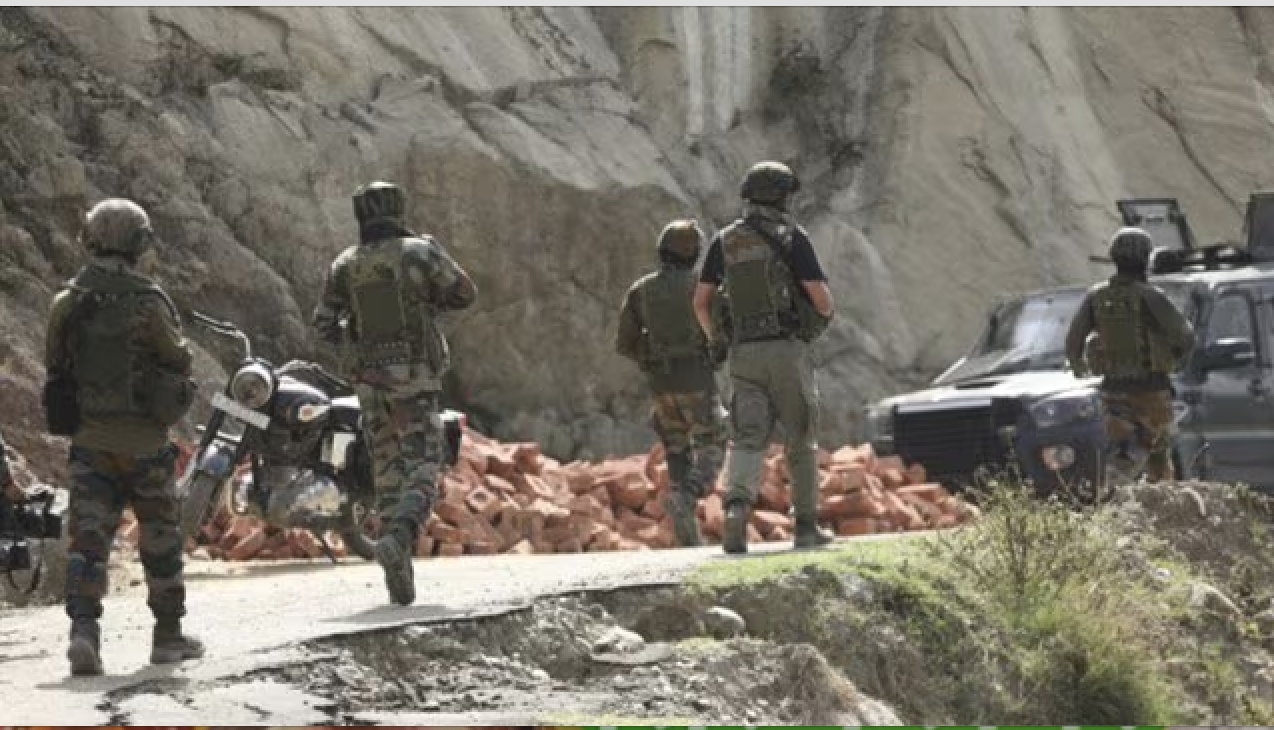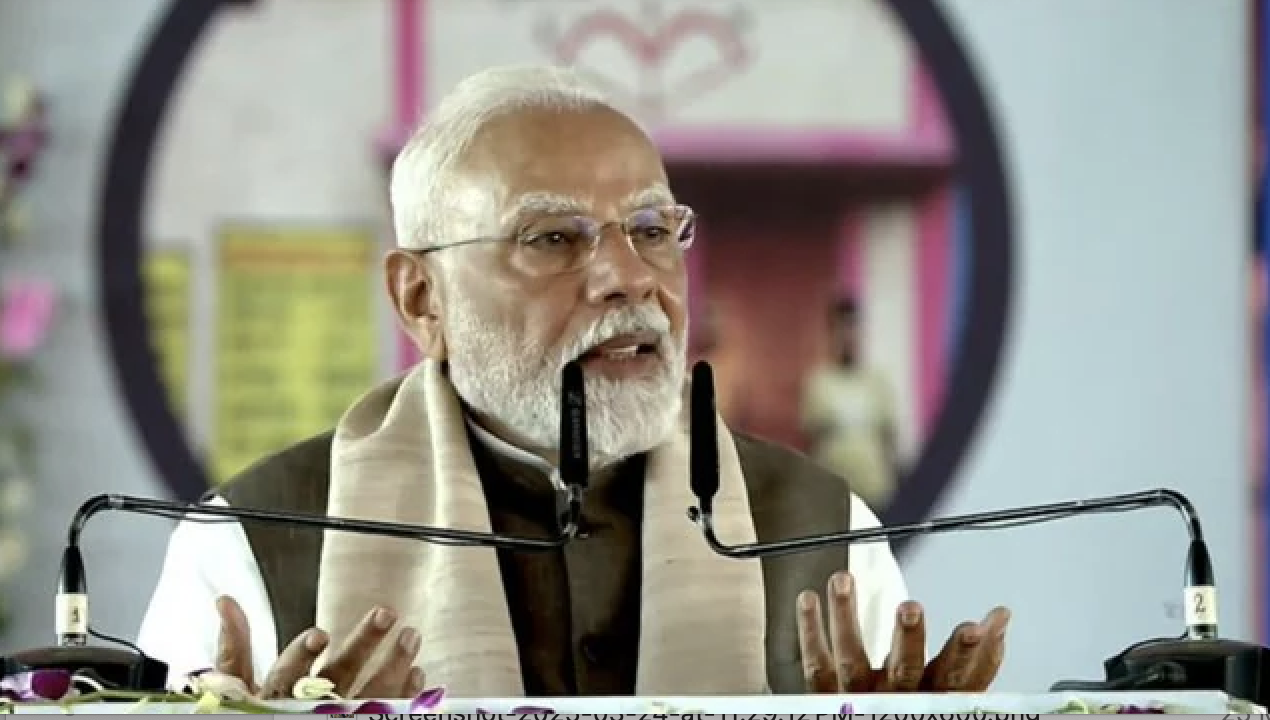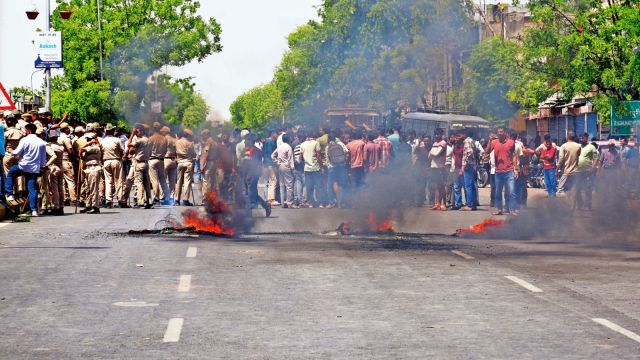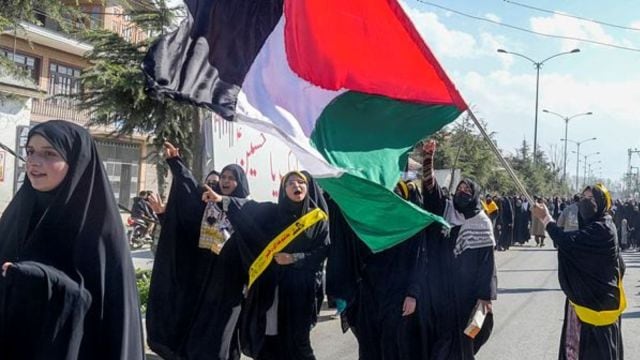By Stewart Bell & Jeff Semple
Hoping to attend a family gathering and visit his ailing grandfather, Bikramjit Singh Sandhar submitted a visa application to the government of India in 2016.
The visa was denied.
Indian consular officials in Vancouver told him he was flagged because of statements they claimed he made when he was president of the Guru Nanak Sikh Temple in Surrey, B.C.
Specifically, they accused him of talking about the Khalistan movement that advocates for independence for India’s Sikh-majority Punjab state, Sandhar said in an interview.
It was an eye-opener for Sandhar to see that Indian officials were monitoring what was said inside a Canadian place of worship, and punishing him for it by refusing to let him return to the country of his birth.
But that wasn’t the end of it.
Through intermediaries, Sandhar then received a form letter renouncing Khalistan and professing his “deep respect” for India. He was told to sign it if he wanted a visa, he said.
Such incidents are now common, according to leaders of Canada’s Sikh community, victims, officials and police, who described how visas have become a key tool of India’s foreign interference campaign.
This story was originally published in globalnews.ca. Read the full story here.






